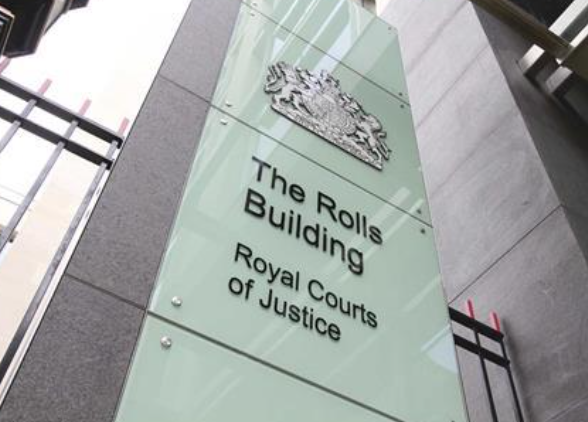Firms not required to reveal funding source for client, High Court rules
The High Court has ruled that two law firms acting for a bankrupt client were not required to reveal the source of his litigation funding.

The High Court has ruled that two law firms acting for a bankrupt client were not required to reveal the source of his litigation funding.
In Tonstate Group Ltd & Ors v Wojakovski & Ors, Mr Justice Zacaroli ruled today that neither Keidan Harrison nor Raydens was in breach of a freezing order applying to property developer Edward Wojakoski.
Claimants in the underlying shareholder dispute, estimated to be worth more than £30m, had applied for disclosure of information and documents relating to the source of funding for legal assistance provided to him by the firms. They did not accept that the funding was genuinely third-party money and submitted that the freezing order stating that Wojakovski should tell the applicants’ legal representatives where any money he spent was coming from had been breached.
Raydens was instructed in relation to proceedings in the family court, while Keidan Harrison was instructed to advise only in relation to the bankruptcy. The firms opposed the application, arguing that to provide the information without being ordered by the court would be a breach of the duty of confidence.
The judge said Wojakovski had no entitlement to direct that funds be use for any purpose at all, and rejected the submission that because the firms worked on his instruction then the funds were held in accordance with his instructions.
‘The funds held by the solicitors in this case do not constitute assets,’ he added. The judge rejected that either firm was in breach of the freezing order as a result of using any of the funds provided to them.
Commenting on the judgment, Luke Harrison, Keidan Harrison co-founding partner and solicitor-advocate, said the firm’s actions were found to be completely appropriate and he suggested that the application was intended to restrict Wojakovsi’s access to justice.
‘The judgment will be widely welcomed by practitioners in the field acting for defendants,’ added Harrison. ‘Had the claimant’s arguments succeeded then that would have created a significant impediment to acting for clients subject to freezing orders, where costs are funded by third parties who want to maintain anonymity for fear of becoming “targets” themselves. It would have had a chilling effect on a party’s ability to access high quality representation.’
A spokesperson for Raydens said: ‘We were delighted that we were able to deal with this complex case at the same time as managing our client’s matrimonial proceedings. We are delighted that we will no longer be brought into this highly litigious civil dispute and that we are able to continue to represent our client in the confidential ongoing matrimonial proceedings.’
Source:thelawsociety


